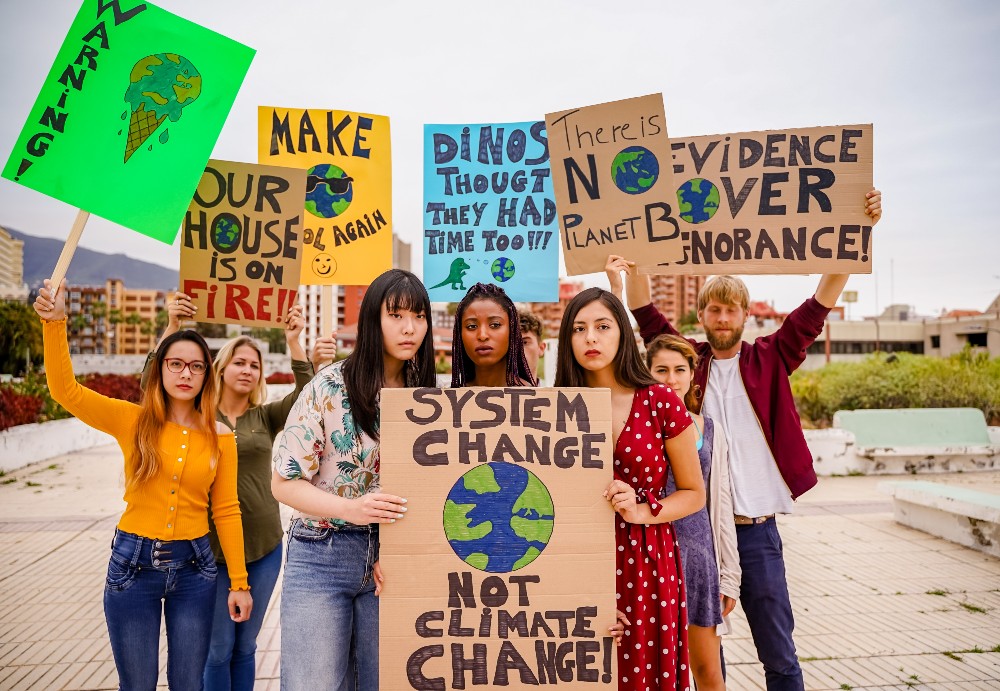The 26th Meeting of the United Nations Conference of Parties (COP 26), the UN Framework Convention on Climate Change Conference (UNFCCC), is considered the last chance to get climate actions on track. Three goals of COP 26 are: reduce emissions; finance climate action; support mitigation activities.
Hosted in Glasgow Scotland by the United Kingdom, 31 Oct – 12 Nov 2021 conference – originally slated for November 2020 – was postponed because of COVID-19. It is a follow-up on the Paris Agreement, a legally binding treaty on climate change which 96 parties signed in 2015 and entered into force on 4 November 2016.
The concern with climate is not new. The first climate summit convened in Rio De Janiero in 1992 to address reducing carbon emissions and global warming. It initiated the framework to work on climate change. In 2021, the goal is to have the 197 UN member states pledge to reduce emissions. After the formal opening of COP 26 on 31 October, there will be a high level meeting 1-2 November to present concrete actions and plans.
The Intergovernmental Panel on Climate Change issued a warning in August 2021 that emissions must be cut in half by 2030 and eliminated by 2050 to keep global warming to 1.5 degrees Celsius. Going beyond that threshold will have the most serious consequences. As of now the world is on the path to 2.7 Celsius with the G20 countries responsible for 80% of carbon emissions. This summer the world experienced catastrophic wildfires, floods, heat waves, drought, rivers drying up. WHO states that climate change is the biggest health threat facing humanity.
New ways have been introduced to hasten transition to clean energy such as electric cars, new ways to utilize renewable energy and capping carbon emissions, creating new carbon sinks to absorb carbon. These are some ways to help limit global warming to 1.5 Celsius. To accomplish this it is essential that we achieve climate neutrality to peaking of greenhouse gases as soon as possible and achieve climate neutrality globally by midcentury. Each country is to submit Nationally Determined Contributions which were initially due in 2020, but delayed because of COVID-19.
When the 2030 Agenda was created for Sustainable Development one goal was incorporated that focuses on climate: SDG 13 – Take urgent action to combat climate change and its impacts. To flesh out the aspects of the goal there are five specific targets to achieve SDG 13. They include strengthening resilience, improving awareness-raising, increasing the capacity for climate change-related planning and management in least developed countries and integrating climate measures into national policies. Investment in clean energy was disrupted due to the effects of COVID. In a recent report released by the United Nations, 15 major fossil fuel producing countries have plans to increase mining and drilling, intending to produce more than twice as much coal (240%), 57% more oil and 71% more natural gas through 2030 (The Emissions Gap Report 2021:The Heat Is On).

